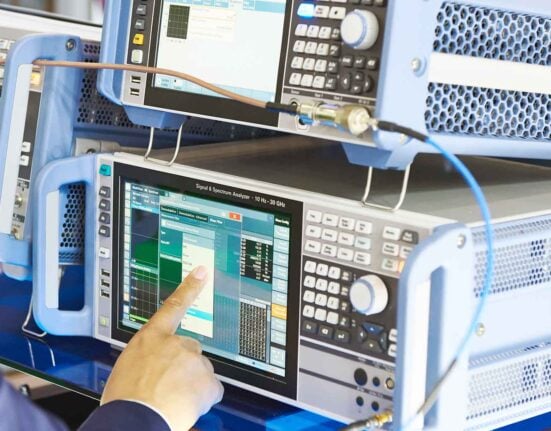Intel has officially cancelled two high-profile semiconductor investments in Europe – a multibillion-dollar chip manufacturing facility in Magdeburg, Germany, and a €4.6 billion assembly and test site near WrocÅ‚aw, Poland.
The decision, confirmed by CEO Lip-Bu Tan in a staff memo, marks a significant reversal of the company’s European strategy and deals a blow to the EU’s ambitions for semiconductor independence.
The announcement came after Intel posted its Q2 financials, revealing a net loss of $2.9 billion despite $12.9 billion in revenue – a year-on-year decline of 81%. The company also confirmed a workforce reduction of 15% as part of a wider restructuring effort.
Intel’s plans in Magdeburg had been the cornerstone of Europe’s drive to revitalise domestic chip production. The German government had offered $10 billion in subsidies to attract the project, which was expected to cost at least double that figure. The facility was set to produce cutting-edge chips and was originally scheduled to break ground this year.
However, the project faced persistent headwinds. Soaring construction costs, escalating competition, and regulatory challenges – including the preservation of fertile land at the proposed Magdeburg site – repeatedly delayed progress. First announced in 2022, the Magdeburg plan had narrowly edged out other locations, including a strong bid from Belgium.
In Poland, Intel’s proposed €4.6 billion site was intended to convert silicon wafers into individual chips, perform testing, and packaging. This facility would have supported up to 2,000 jobs and complemented the Magdeburg operation as part of Intel’s broader European supply chain strategy.
In a statement, the company said: “Intel is taking action to optimise its manufacturing footprint and drive greater returns on invested capital. As part of this effort, Intel will no longer move forward with planned projects in Germany and Poland.”
While Intel already maintains R&D operations in Poland, the company has not indicated whether those will be affected by the latest decisions.
The company’s CEO, Lip-Bu Tan, acknowledged the strategic misstep: “Over the past several years, the company invested too much, too soon – without adequate demand. We must correct our course.”
Tan addressed employees directly in his memo: “I know the past few months have not been easy. We are making hard but necessary decisions to streamline the organisation, drive greater efficiency, and increase accountability at every level of the company.”
The cancellation of these projects casts a shadow over the EU’s aspirations to secure a resilient and self-sufficient semiconductor ecosystem. With the US CHIPS Act and East Asian rivals continuing to pour investment into chip infrastructure, Intel’s withdrawal from Europe underscores the challenges facing the continent in reshoring semiconductor manufacturing.














